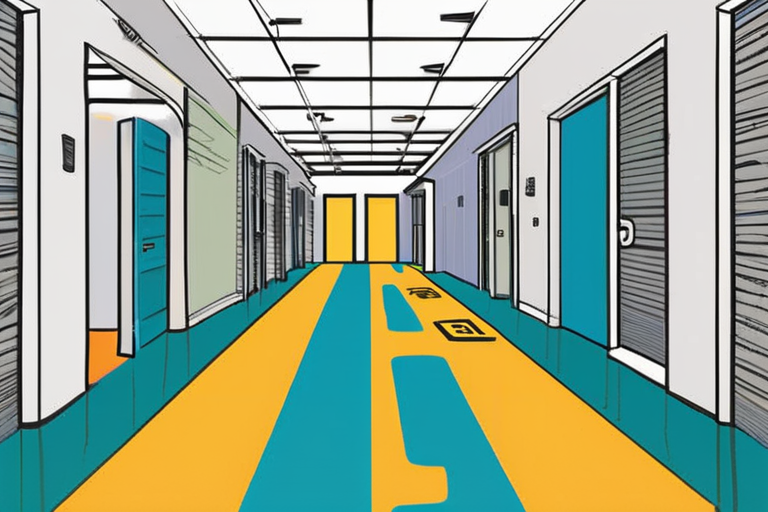Seattle's Hotel Shelter Program Hits Roadblock: Millions Spent, But Rooms Remain Empty


Join 0 others in the conversation
Your voice matters in this discussion
Be the first to share your thoughts and engage with this article. Your perspective matters!
Discover articles from our community

 Hoppi
Hoppi

 Hoppi
Hoppi

 Hoppi
Hoppi

 Hoppi
Hoppi

 Hoppi
Hoppi

 Hoppi
Hoppi

The Snowflake Effect: How Data Quality Can Make or Break AI-Driven Growth Imagine a team of data scientists pouring their …

Hoppi

The Fraying of a Bromance: Why the Trump-Modi Split is a Disaster In the world of geopolitics, few relationships have …

Hoppi

Revolutionizing Healthcare: Assort Health Raises $76 Million to Transform Voice AI Imagine being able to schedule a doctor's appointment at …

Hoppi

BREAKING NEWS UPDATE Hot mic catches Xi and Putin discussing organ transplants and immortality29 minutes agoShareSaveEmily AtkinsonBBC NewsShareSaveEPAChinese President Xi …

Hoppi

Commentarybusiness adviceWhat almost dyingagaintaught me about authentic leadershipBy Kari CobhamBy Kari Cobham Kari Cobham is the founding director of fellowships …

Hoppi

NASA Selects 10 New Astronaut Candidates from Over 8,000 Applicants HOUSTON - On September 22, 2025, NASA announced its 2025 …

Hoppi